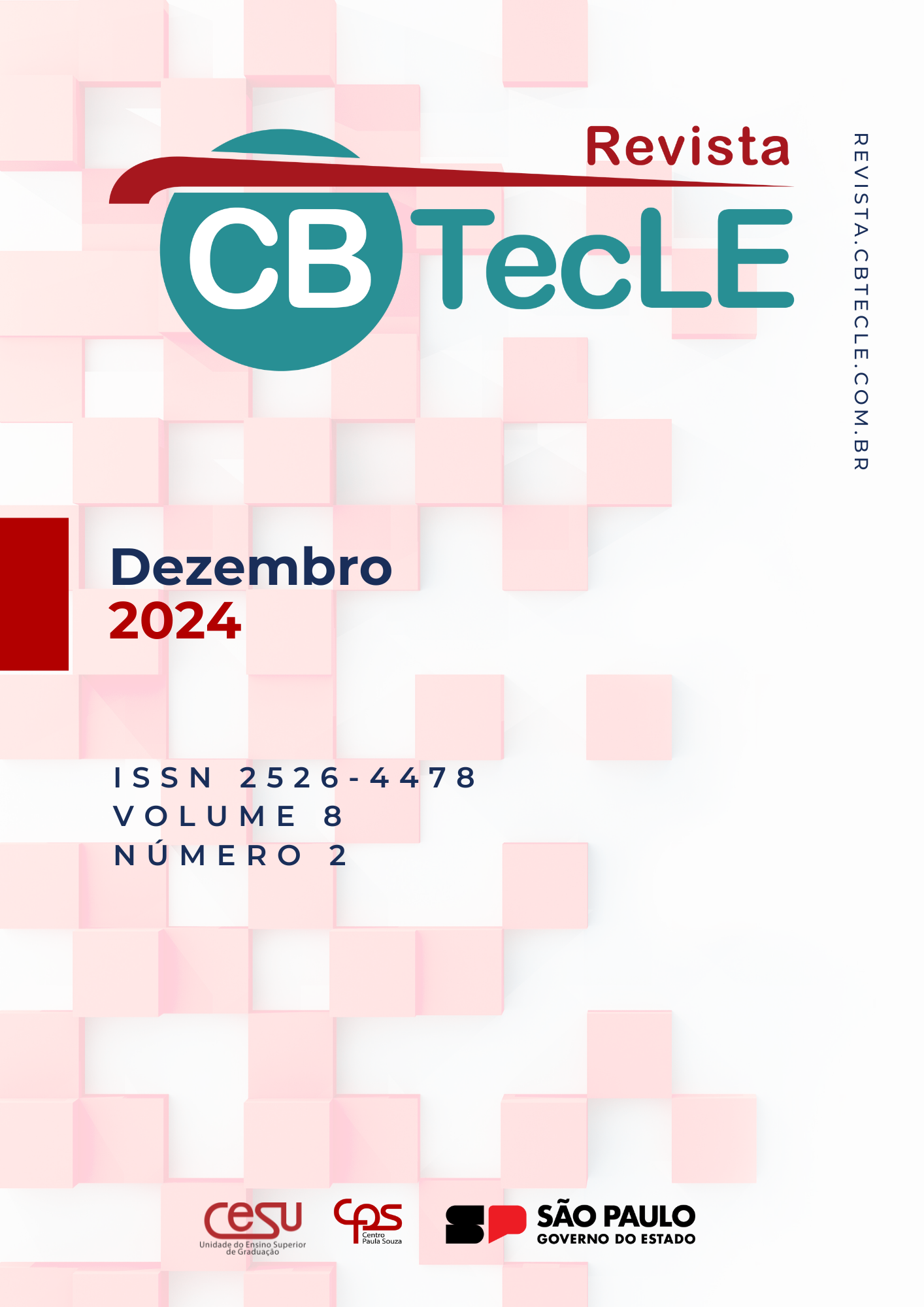THE INFLUENCES OF ARTIFICIAL INTELLIGENCE IN THE EDUCATIONAL CONTEXT: A VYGOTSKYANA AND NEUROLOGICAL READING
A VYGOTSKYANA AND NEUROLOGICAL READING
Keywords:
Lev Vygotsky, Learning theory, Artificial intelligence, Brain plasticity, TechnologyAbstract
This article aims to discuss Artificial Intelligence in education. Based on a project developed in Communication and expression disciplin , the elements of technology will be associated with education as a complement, to develop student learning by combining with the commonly known linear teaching system. Considering Lev Vygotsky's socio-interactionist studies, we will do a link using the concepts of learning theory to have a solid educational base. Thus, this article will approach the recent studies about brain plasticity. These concepts will provide a theoretical field. Therefore, we can finally effectively talk about A.I’s, to unravel the main principles, qualities, and defects of A.I. while allocated in the educational environment. Firstly, we will address Vygotsky's Theory of Learning, then we will discuss brain neuroplasticity and the development of learning, and to finish we will look at A.I. in the educational environment and how it works.
References
CAMPOS, Luis Fernando Altenfelder de Arruda.; LASTÓRIA, Luiz Antônio Campos Nabuco. Semiformação e inteligência artificial no ensino. Pro-Posições, v. 31, p. e20180105, 2020.
KELLER, Laurent. Devemos temer o uso da Inteligência Artificial na educação? Entrevistas concedidas a Mariana Henriques. Agência de Notícias da UFSM, 13 jun. 2023. Disponível em <https://www.ufsm.br/2023/06/13/uso-da-inteligencia-artificial-na-educacao>. Acesso em: 13 jun. 2024
RODRIGUES, Olira Saraiva.; RODRIGUES, Karoline Santos. A inteligência artificial na educação: os desafios do ChatGPT. Texto Livre, v. 16, p. e45997, 2023.
SHERMAN, Natalie. O erro do Google com ‘concorrente’ do ChatGPT que provocou perdas de US$ 100 bi em ações. BBC. Disponível em <https://www.bbc.com/portuguese/articles/cz90n5q7g96o#:~:text=O%20Bard%20afirmou%20que%20o,pelos%20astr%C3%B4nomos%20nas%20redes%20sociais.
https://educacional.com.br/tecnologia-educacional/impactos-da-inteligencia-artificial-na-educacao/>. Acesso em: 11 jun. 2024.
SOUSA, Anne Madeliny Oliveira Pereira de; ALVES, Ricardo Rilton Nogueira. A neurociência na formação dos educadores e sua contribuição no processo de aprendizagem. Rev. psicopedag., São Paulo, v. 34, n. 105, p. 320-331, 2017.
VICARI, Rosa Maria. Influências das Tecnologias da Inteligência Artificial no ensino. Estudos Avançados, v. 35, n. 101, p. 73–84, jan. 2021.
VYGOTSKY, Lev Semenovich. Pensamento e linguagem. [S. l.]: Ed Ridendo Castigat Mores, 2001. 136 p. Disponível em: <https://edisciplinas.usp.br/pluginfile.php/7630412/mod_resource/content/1/pensamentolinguagem.pdf>. Acesso em: 18 maio 2024.



